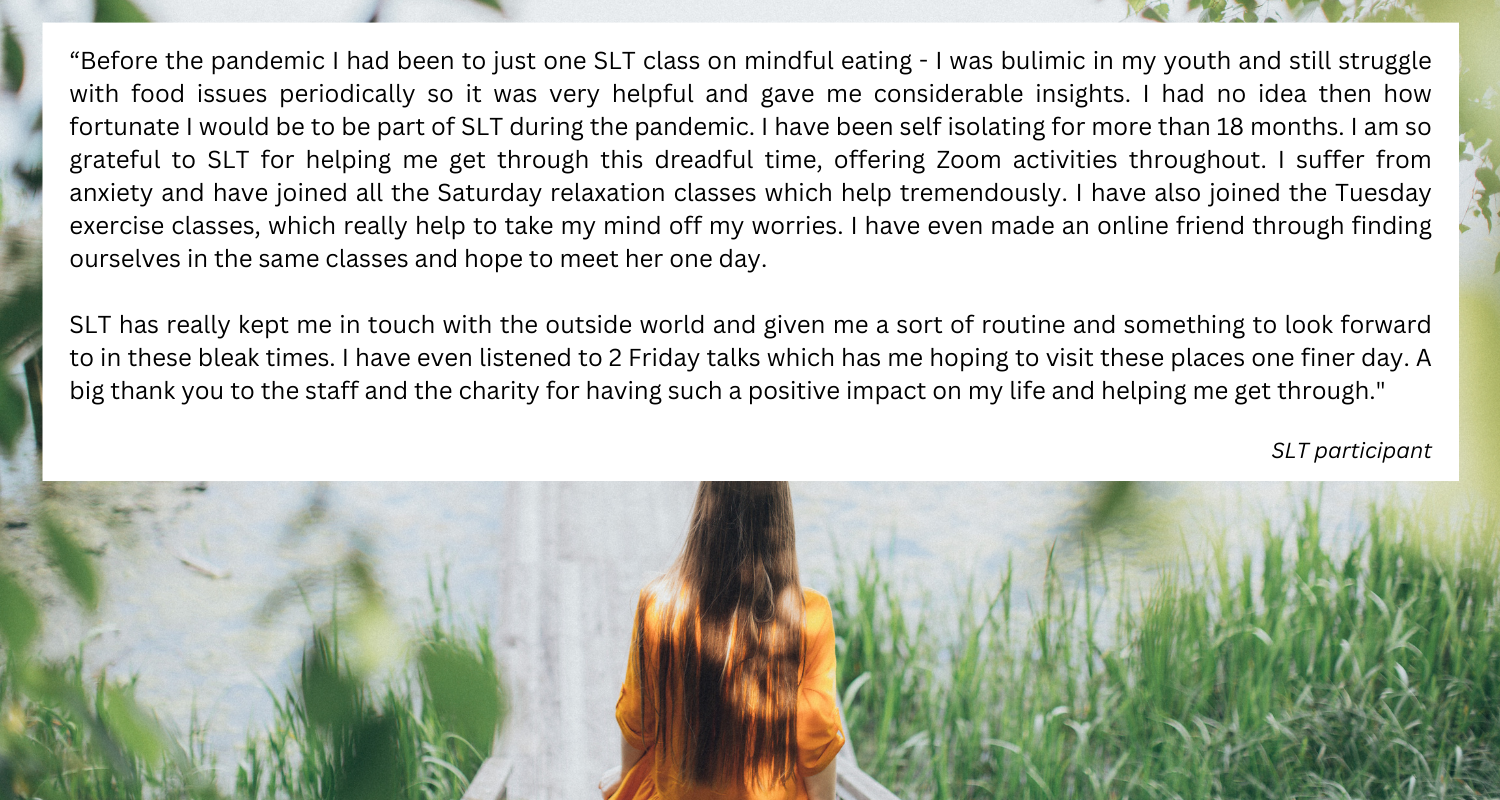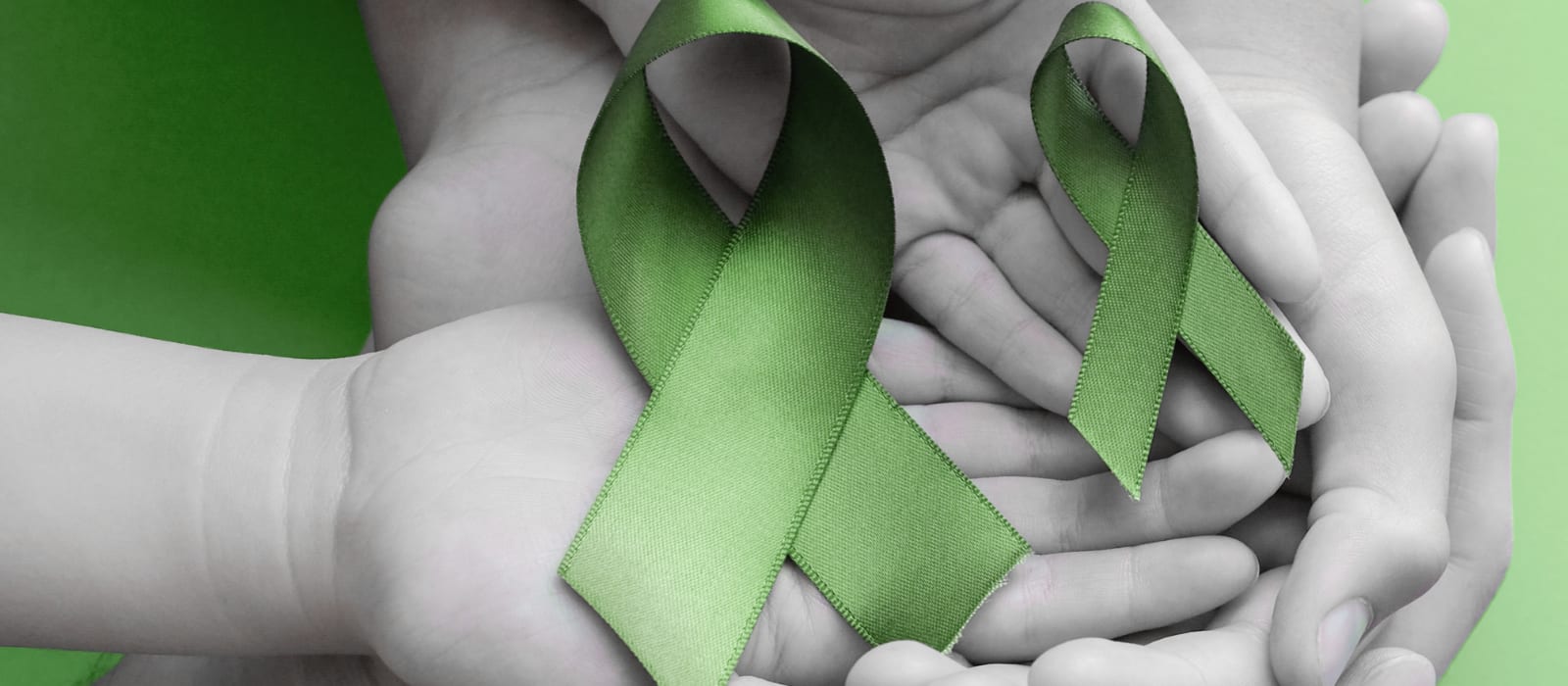World Mental Health Day
World Mental Health Day takes place on 10 October every year. Each year, a different theme is set by the World Federation for Mental Health.
For over 70 years, The Mental Health Foundation have been working to make sure that mental health is treated on a par with physical health. Mental health problems exist in our lives, families, workplaces and communities, impacting everyone. We need to do as much as possible to prevent mental ill-health – as individuals and as a society.
The Mental Health Foundation pledge to continue to call on national and local government to prioritise reducing the factors known to pose a risk to people’s mental health, enhancing those known to protect it and creating the conditions needed for people to thrive.
World Mental Health Day is also a chance to talk about mental health in general, how we need to look after it, and how important it is to talk about things and get help if you are struggling.
What to Look out for – signs that someone may not be ok
- Feeling restless and agitated
- Feeling tearful
- Not wanting to talk to or be with people
- Not wanting to do things you usually enjoy
- Using alcohol or drugs to cope with feelings
- Finding it hard to cope with everyday things
- Not replying to messages or being distant
You may not always be able to spot these signs, as everyone is so different and may or may not express or show them.
Situations to look out for
Situations that could trigger negative thoughts or make it hard to cope.
- relationship and family problems
- loss, including loss of a friend or a family member through bereavement
- financial worries
- job-related stress
- college or study-related stress
- loneliness and isolation
- depression
- painful and/or disabling physical illness
- heavy use of or dependency on alcohol or other drugs
- thoughts of suicide
Again, these may not apply to everyone who is struggling, but they can be useful to look out for.
How to support someone who is feeling suicidal
It can be very distressing if someone you know is feeling suicidal. What you can do to help:
- Encourage them to talk about their feelings
- Listen and offer emotional or practical support
- Urge them to seek treatment and support
- Help them think of ideas for self-help
- Help them to make a support plan
Staying calm and talking through the situation is important.
If someone is in crisis, stay with them and take one of these steps:
- Call 999 or NHS Direct on 111
- Go to the nearest Accident and Emergency department
Self-Care
Remember: Take care of yourself. Supporting someone who is struggling can be distressing in itself.
5 Steps to improve mental wellbeing
Give them a try, you may feel more content and positive and able to get the most from life.
- Connect – connect with the people around you: your family, friends, colleagues and neighbours. Spend time developing these relationships.
- Be active – you don’t have to go to the gym. Take a walk, go cycling or play a game of football. Find an activity that you enjoy and make it a part of your life.
- Keep learning – learning new skills can give you a sense of achievement and a new confidence. Why not sign up for that cooking course, start learning to play a musical instrument, or figure out how to fix your bike?
- Give to others – even the smallest act counts, whether it’s a smile, a thank you or a kind word. Larger acts, such as volunteering, can improve your mental wellbeing and help you build new social networks.
- Be mindful – be aware of the present moment, your thoughts and feelings, your body and the world around you. This is known as “mindfulness”. It can positively change the way you feel about life and how you approach challenges.
In a crisis
Finding Balance During a Crisis: In the face of a crisis, it’s important to give yourself permission to have time for yourself. This type of in-the-moment self-care will support your health and wellbeing.
Manage Your Time with Yourself in Mind: Make the time to do things that you enjoy, such as walking the dog, getting exercise and meeting friends.
Acknowledgement and Acceptance: Acknowledge you may not be able to ‘fix’ the person you care for, but know that just by being with them you are very much supporting them.
Further resources and tools
There are a number of resources available to support Londoners’ mental health and wellbeing, as well as London’s digital wellbeing service, Good Thinking.
For more information about how The Stuart Low Trust can support you, please visit our Arts, Nature and Wellbeing pages.





